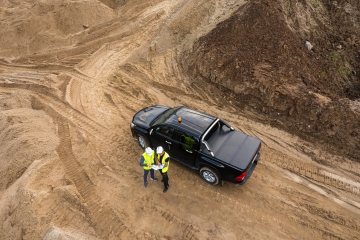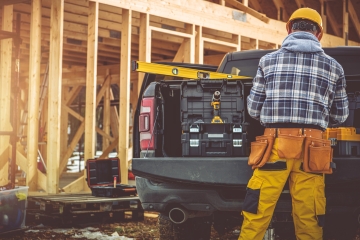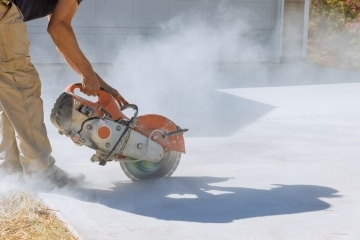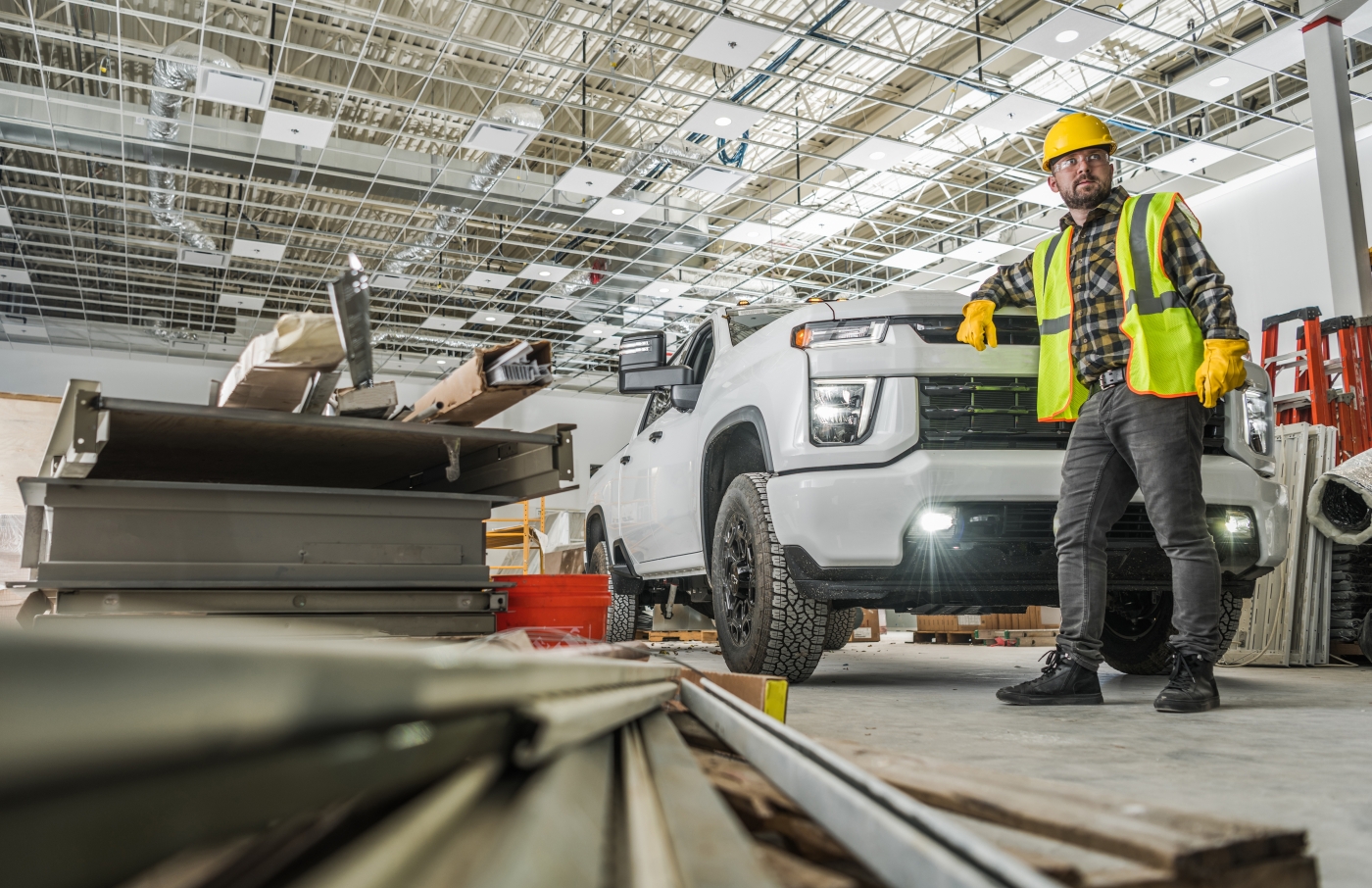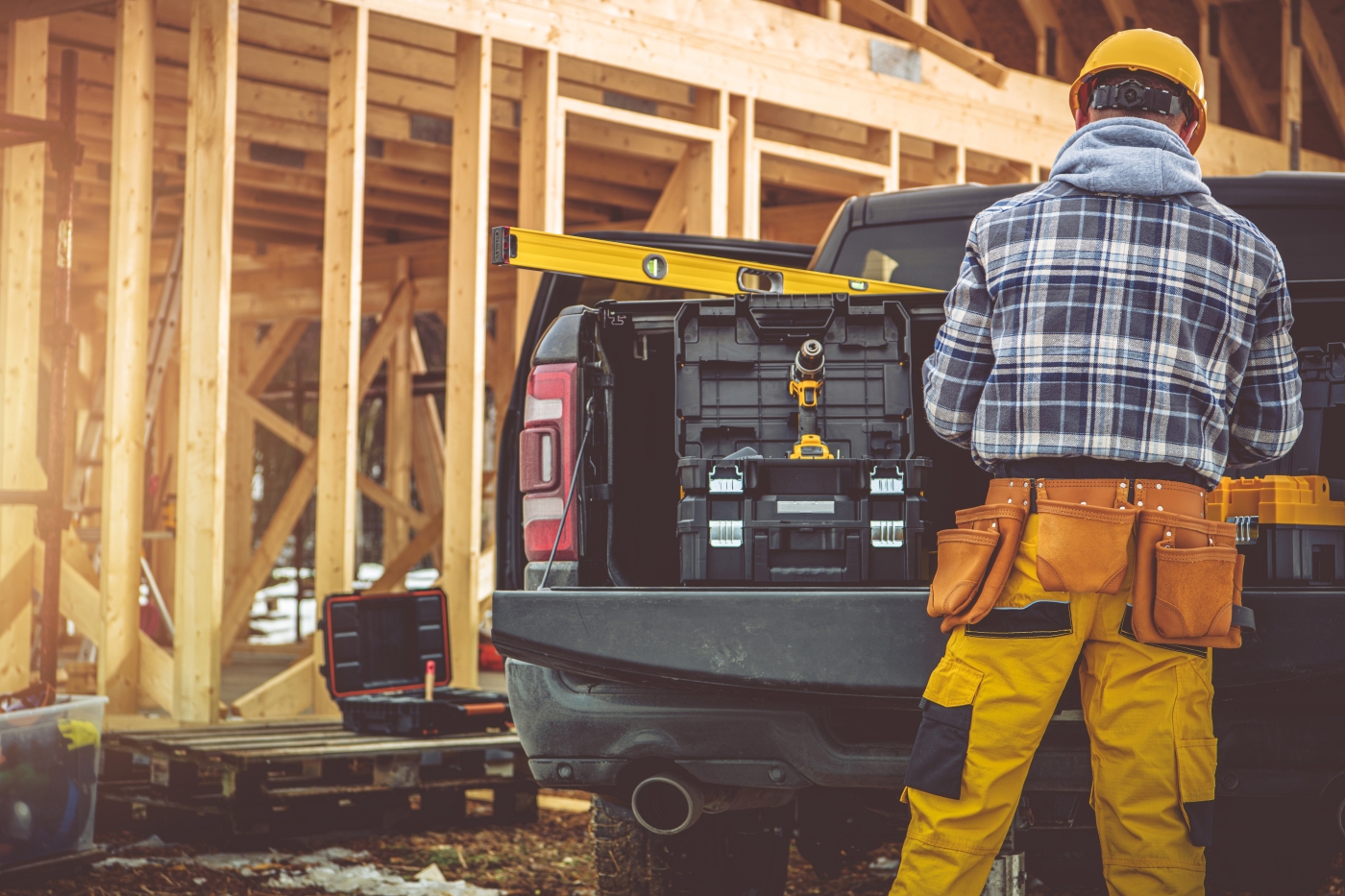Accidents and collisions
Cover the cost of repairs or replacement if your trailer is damaged due to accidents, collisions, or other unexpected incidents.
Theft or vandalism
Vital for tradies transporting tools and supplies in their trailer. The policy will cover the financial loss of your trailer being damaged or stolen.
Peace of mind
If your trade relies heavily on your vehicle and trailer being on the road, talk to us about getting the right cover in place for your peace of mind today. For more info, please refer to our trailer insurance FAQs or request a trailer insurance quote below.
Wear and Tear
Sudden or unexpected damage or loss is expected to be covered by a trailer policy. It won’t cover you if the trailer deteriorates or becomes unroadworthy.
Intentional damage
If the trailer is damaged due to your own fault or negligence, the policy will not cover its repair or replacement.
Unapproved modifications
Most trailer insurance policies will not cover unapproved alterations or modifications.
Trailer insurance Vs Vehicle insurance
A comprehensive motor policy will likely cover your trailer when attached to your vehicle, but it will be exposed to a lack of payout limits and cover when detached. If you regularly unhook your trailer on-site or at jobs, Trailer insurance becomes a crucial addition to your insurance plan.
